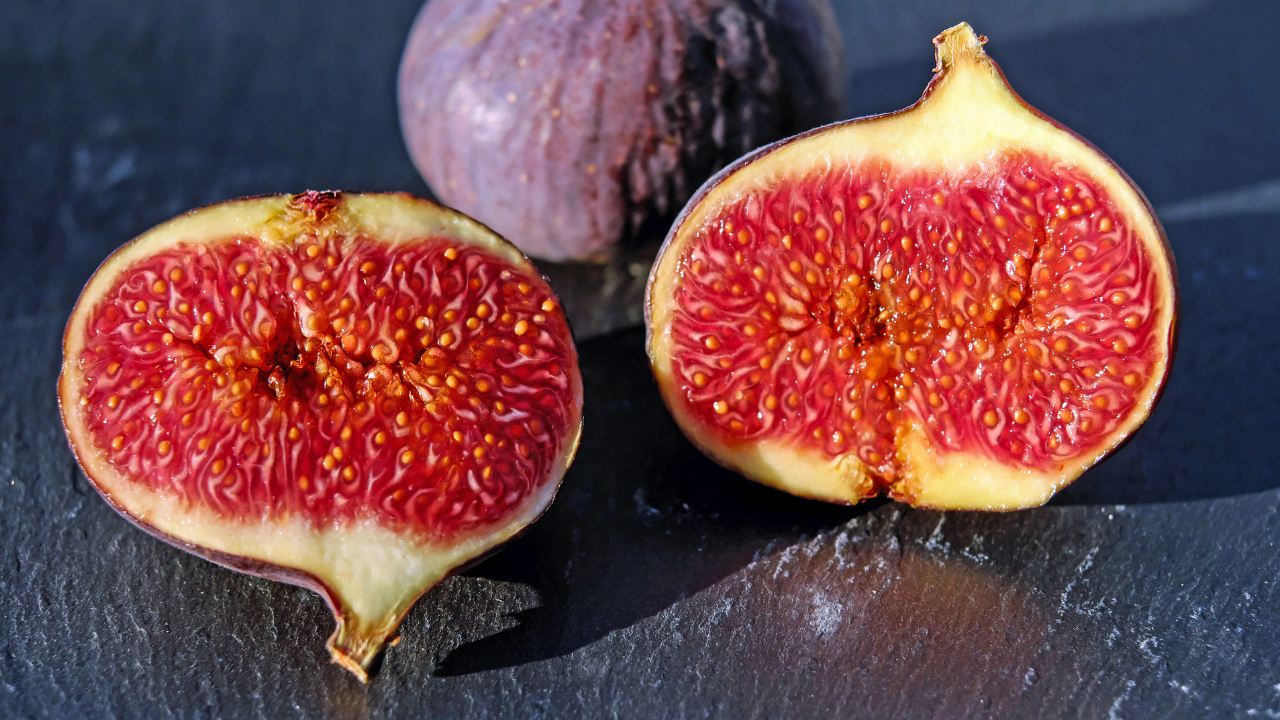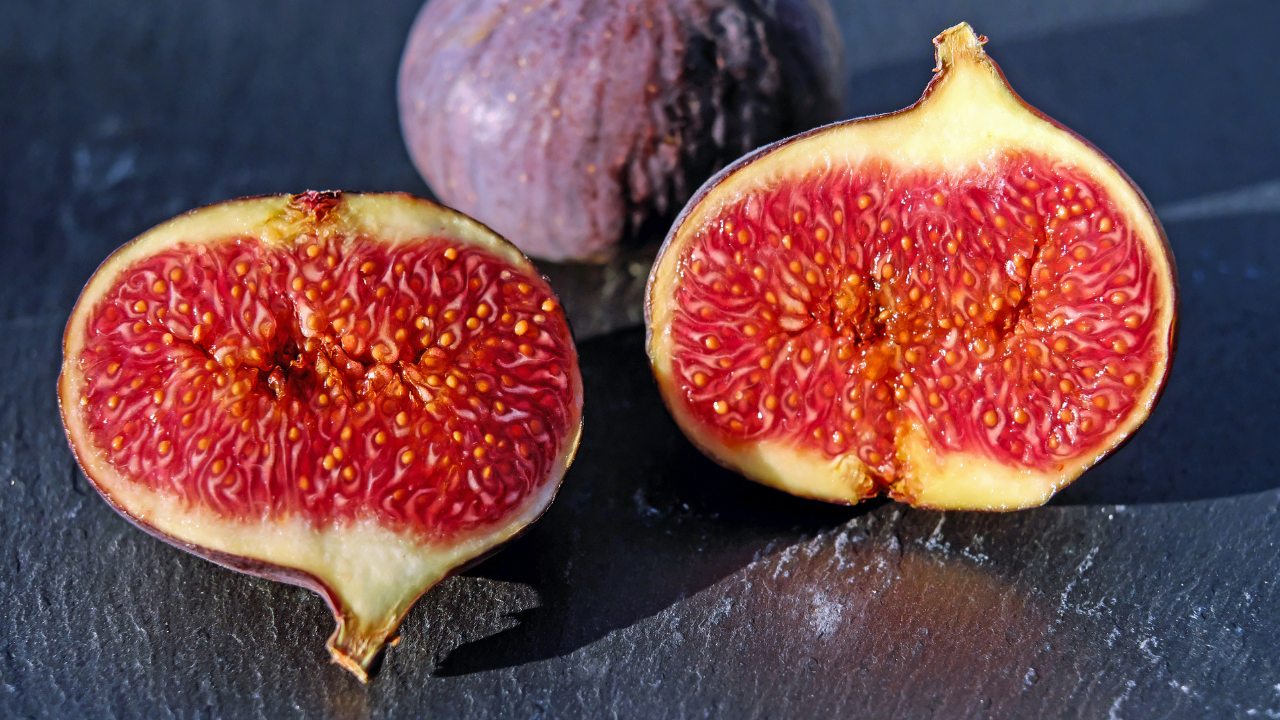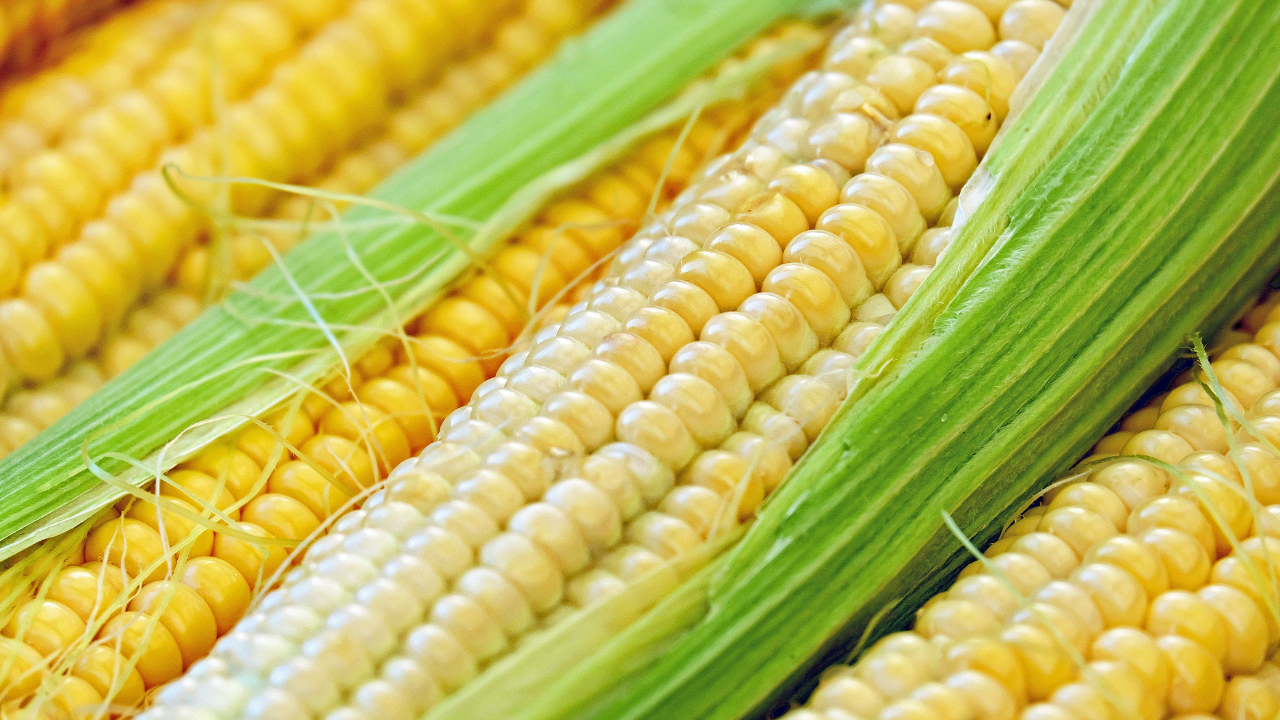What Is Allulose and Is It a Healthy Sweetener?
Dec 23, 2021
Allulose is an interesting one! The macros are there and are impressive how claims say it doesn’t raise blood sugar levels and is incredibly low in calories, but it’s wise to know that it is highly refined and processed. It is chemically made from corn.
 Allulose itself is in fact a natural sugar - because it’s found in figs, raisins, maple syrup and jackfruit. BUT the way its used in the food industry and commercial scale is to through an enzymatic conversion of corn. So the allulose we are seeing in products on the shelves comes through corn - no one is extracting it from jackfruit and figs.
Allulose itself is in fact a natural sugar - because it’s found in figs, raisins, maple syrup and jackfruit. BUT the way its used in the food industry and commercial scale is to through an enzymatic conversion of corn. So the allulose we are seeing in products on the shelves comes through corn - no one is extracting it from jackfruit and figs.
The ingredient has to say: Non-GMO allulose otherwise it does come from genetically modified corn. It does reside concern for people who want to avoid GMO’s. Allulose was first identified in the leaves of wheat in the 1940s, (and since was found in small quantities in certain fruits including Jack fruit, figs and raisins, as well as in maple syrup.) The first mass-production method for allulose was established when Ken Izumori at Kagawa University in Japan discovered the key enzyme, D-tagatose 3-epimerase, to convert fructose to allulose in 1994.
It is available in the USA however in Canada and Europe it is not banned, but has yet to be approved. Allulose has been determined to be a novel food ingredient under Health Canada's Food and Drug Regulations and by the European Food Safety Authority (EFSA) and the UK Food Safety Authority to be sold in these markets, due to its limited history of use in food. Allulose is currently undergoing a pre-market safety assessment before they can be sold in Canada. As of September 2020 allulose is approved and available in the United States, Mexico, Columbia, Chile, Costa Rica, and Singapore.
And from an Earth Diet perspective I look at how was something made, what process did it go through? Allulose was made from corn, and is now a white crystallized sugar looking similar to white sugar. When white sugar was first made the researchers, doctors and scientists also said it was great and talked about the health benefits of cane sugar! So allulose is new to the market, and we don’t know enough about it yet. It’s not something I would personally want to consume daily, but if it’s in a product I like and the taste is good I wouldn’t be opposed to eating it.
 To make allulose, the processor starts with corn and breaks it down into starch and fructose and then converts the fructose to allulose via an enzymatic conversion process using enzymes from a genetically engineered microbe. This is why I still prefer a “whole” sweetener, from a natural sugar such as honey or dates even though it does have higher calories.
To make allulose, the processor starts with corn and breaks it down into starch and fructose and then converts the fructose to allulose via an enzymatic conversion process using enzymes from a genetically engineered microbe. This is why I still prefer a “whole” sweetener, from a natural sugar such as honey or dates even though it does have higher calories.
The macros certainly are impressive. Allulose is a low-calorie monosaccharide sugar fructose. It’s said to pass through the body without significant metabolism. Allulose is absorbed by the small intestine and excreted in the urine without being significantly metabolized. It’s estimated that around 70 percent of D-psicose is absorbed in the digestive tract and then eliminated through the urine rather than used as energy or fuel for the body. Unlike many artificial sugars, it’s not fermented in the gut, meaning that it doesn’t usually cause stomach issues like gas or bloating.
It seems almost too good to be true because it isn't metabolized by the body, does not cause tooth decay, spike glucose levels, and has 90 percent fewer calories than regular sugar.
The only negative research that I can find so far is that allulose have links to poor gut health, chronic diseases, and even weight gain. People reported abdominal side effects when consuming increasing doses of allulose, including: bloating. abdominal pain. diarrhea. It’s not linked to cancer or neurological issues that I can see so far. Consuming more than 54 grams of allulose per day may cause digestive issues, such as bloating, gas and abdominal pain.
Is allulose healthy? The FDA states that allulose is “generally recognized as safe” (GRAS). “Basically, they know that small amounts aren't going to do any harm to people if they consume it,” DiMarino says.
Compared to erythritol I prefer it. The key difference between allulose and erythritol is that allulose is a monosaccharide sugar whereas erythritol is a polyol. Allulose has about 70% of the sweetness of sucrose while erythritol has about 60% of the sweetness of sucrose. Erythritol is a sugar alcohol, whereas allulose is not. The price of allulose is nearly double that of erythritol per ounce.
Allulose may be one of the lesser evils when it comes to sweeteners. Others out there are in fact neurotoxic and carcinogenic. I wouldn’t go out of my way to consume allulose daily however if it was in a product I liked I wouldn’t be opposed to eating it - at this stage of what we know about it anyway. With The Earth Diet, the concept is to eat foods that come straight from nature as much as possible, ideally in their whole and natural state. Allulose comes in the form of white crystals, looking similar to white sugar. If had to choose between a cookie made with white sugar, or a cookie made with allulose of course I would choose the allulose cookie.  On the positive there are studies that show that it could help promote weight loss and fat loss, reduce blood sugar levels, improve liver health and decrease inflammation. But it’s hard to know for sure if these studies are funded by the corn or allulose industry themselves.
On the positive there are studies that show that it could help promote weight loss and fat loss, reduce blood sugar levels, improve liver health and decrease inflammation. But it’s hard to know for sure if these studies are funded by the corn or allulose industry themselves.
Takeaways:
- All allulose in food production is from corn
- Continue to choose a whole sweetener over a processed refined sweetener like allulose, such as honey, dates and fruit
- It’s relatively new in the food industry, so consume with caution, however it’s not linked to a lot of negative side effects at this stage, see above
- It’s available in the USA but not in Canada or Europe yet as there hasn’t been enough studies conducted
Resources:


